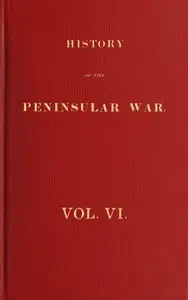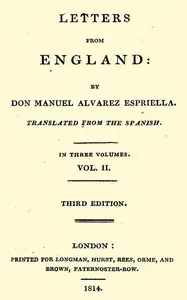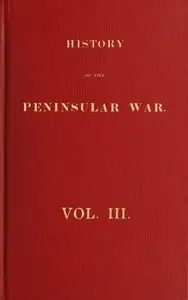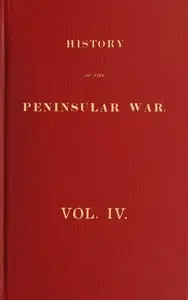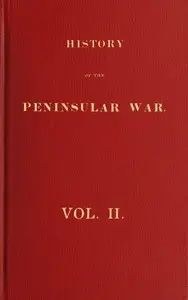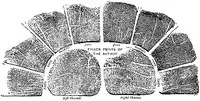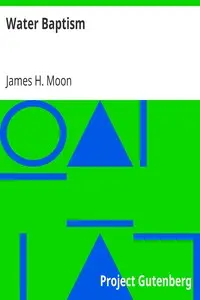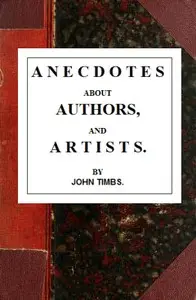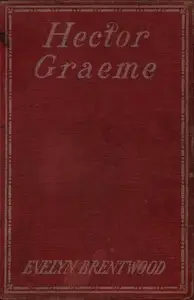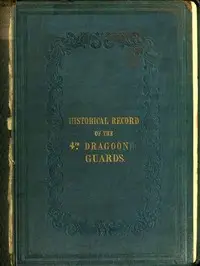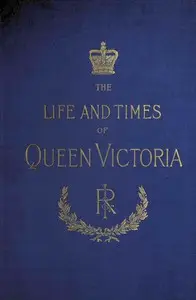"The Doctor, &c., vol. 7 (of 7)" by Robert Southey is a collection of reflections and philosophical essays written in the mid-19th century. This volume serves as a compilation of various papers and fragments from the broader work, delving into topics of language, theology, and humanity, exploring a range of historical and literary references. The text promises to engage readers with its intricate thought processes and rich tapestry of ideas often infused with humor and irony. The opening of the work presents a series of prefaces and introductory remarks, setting the stage for what is to come in the ensuing chapters. It begins with a discussion about the significance of language, touching on the power of the tongue in human communication, both in a literal sense and in terms of the greater implications of speech and rhetoric. As the text progresses, Southey delves into various historical anecdotes, philosophical musings, and theological debates, abridging complex narratives around the use of tongues in a societal context and the potential for miracles in the face of skepticism. Overall, the opening establishes a foundation that blends humor, critical thought, and references to both classical and contemporary discourse, piquing the reader's interest in the layers of meaning that unfold throughout the text. (This is an automatically generated summary.)

The doctor, &c., vol. 7 (of 7)
By Robert Southey
"The Doctor, &c., vol. 7 (of 7)" by Robert Southey is a collection of reflections and philosophical essays written in the mid-19th century. This volum...
Genres
Released
2024-04-26
Formats
epub
epub (images)
epub3 (images)
mobi (images)
Free Download
Overview
About the Author
Robert Southey was an English poet of the Romantic school, and Poet Laureate from 1813 until his death. Like the other Lake Poets, William Wordsworth and Samuel Taylor Coleridge, Southey began as a radical but became steadily more conservative as he gained respect for Britain and its institutions. Other romantics such as Byron accused him of siding with the establishment for money and status. He is remembered especially for the poem "After Blenheim" and the original version of "Goldilocks and the Three Bears".
Total Reviews
10.0k
Total reviews from Goodreads may change

